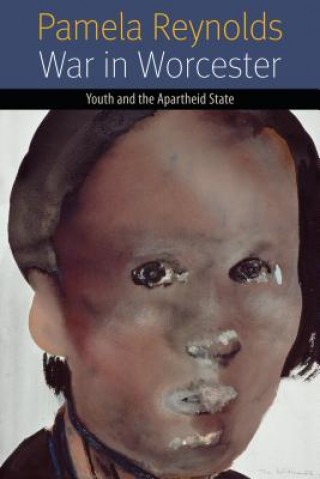
Delivery
Shopping guide





Doesn't suit? No problem! You can return within 30 days
 Gift voucher
any value
Gift voucher
any value
You won't go wrong with a gift voucher. The gift recipient can choose anything from our offer.
War in Worcester
 English
English
 90 b
90 b
 Delivery to Austria
Delivery to Austria
30-day return policy
You might also be interested in


The South African government gave no quarter to young people who joined the struggle against the apartheid state; indeed, it targeted them. Security forces meted out cruel treatment to youth who rebelled, incarcerated even the very young under dreadful conditions, and used torture frequently, sometimes over long periods of time. Little is known, however, from the perspective of young fighters themselves about the efforts they made to sustain the momentum of struggle, how that affected and was affected by their other social bonds, and what they achieved in terms of growth and paid in terms of harm. War in Worcester combines a study of the Truth and Reconciliation Commission (TRC)'s findings on the stand taken by South African youth with extended fieldwork undertaken with fourteen young men who, starting in their schooldays, were involved in the struggle in a small town in the Western Cape. Filling a gap in the ethnographic analysis of the role of youth in armed conflict, the book describes, from the perspective of the young fighters themselves, the tactics that young local leaders used and how the state retaliated, young peoples' experiences of pain and loss, the effect on fighters of the extensive use of informers by the state as a weapon of war, and the search for an ethic of survival. The testimony of these young fighters reveals some limitations of the processes used by the TRC in its search to document the truth. War in Worcester problematizes the use of the term "victim" for the political engagement of young people and calls for attention to patterns of documenting the past and thus to the nature of the archive in recording the character of political forces and the uses of violence. It encourages a fresh analysis of the kinds of revolt being enacted by the young elsewhere in the world, such as North Africa and the Middle East.
About the book
 English
English
Categories


 Contact
Contact How to shop
How to shop


















